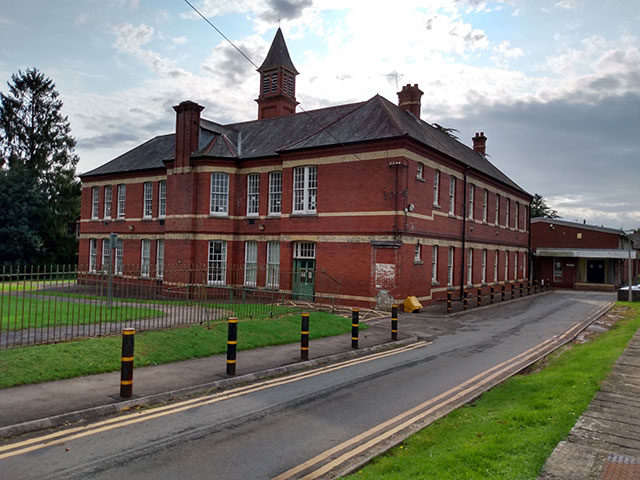THE NHS in Gwent spends millions of pounds every month with it facing cost pressures from caring for the sick and injured to keeping the lights on and paying its 13,000 staff.
Employing so many people, with the Aneurin Bevan University Health Board having 13,141 whole time equivalent staff posts, means its monthly wage bill amounts to millions of pounds.
The latest available figures show in September its substantive staffing bill, for those it directly employs, was £67m – and that was up slightly from August due to the impact of previously agreed pay increases.
But that’s not the whole amount the board spent on staff in just one month with a further £5.6m going on wages in September on the bill for variable pay that covers staff drawn from a reserve bank with at 56 per cent of those being health care support workers, agency staff including nurses and locum doctors.
Combined in September the board spent £72.6m on its workforce though over the course of the year it has been taking steps to reduce the number of agency staff it requires.
Part of that has been recruiting more of its own directly employed staff, and keeping hold of them.
While the total number employed by the health board increased by 59 whole time equivalent posts since March (the end of the previous financial year) it also shed some staff including 128 posts in admin and clerical due to a programme to reduce their numbers by two per cent by the end of the financial year through turnover and vacancy controls and a review of posts.
Among the reduction of 128 were 59 posts that transferred, with their terms and positions protected, to a newly established NHS Wales team.
Outside of pay the Aneurin Bevan board spent £89.4m in September on its running costs, mostly the cost of care, and that was up £2.9m from August and the price of drugs is one of the factors that can increase costs from month to month.
Keeping the lights on, and hospitals and a vast array of other buildings powered, is another expense with the board having so far spent £17m on gas and electricity this year. That is actually £1.6m less than budgeted for with the money put back into the reserve to support its overall position.
Over the financial year the board expects to finish with a deficit, that is the difference between what it has spent and the amount it received in funding, of £47.8m which is actually £1m less than it had budgeted for.
But it still warns drug costs, a failure to reach its £40m savings target and demands on services and pressures on its workforce could each, or all combined knock it off course.
The planned deficit is also £35m more than the £13m “control deficit” figure set by the Welsh Government which has placed all health boards under enhanced monitoring for finance.

